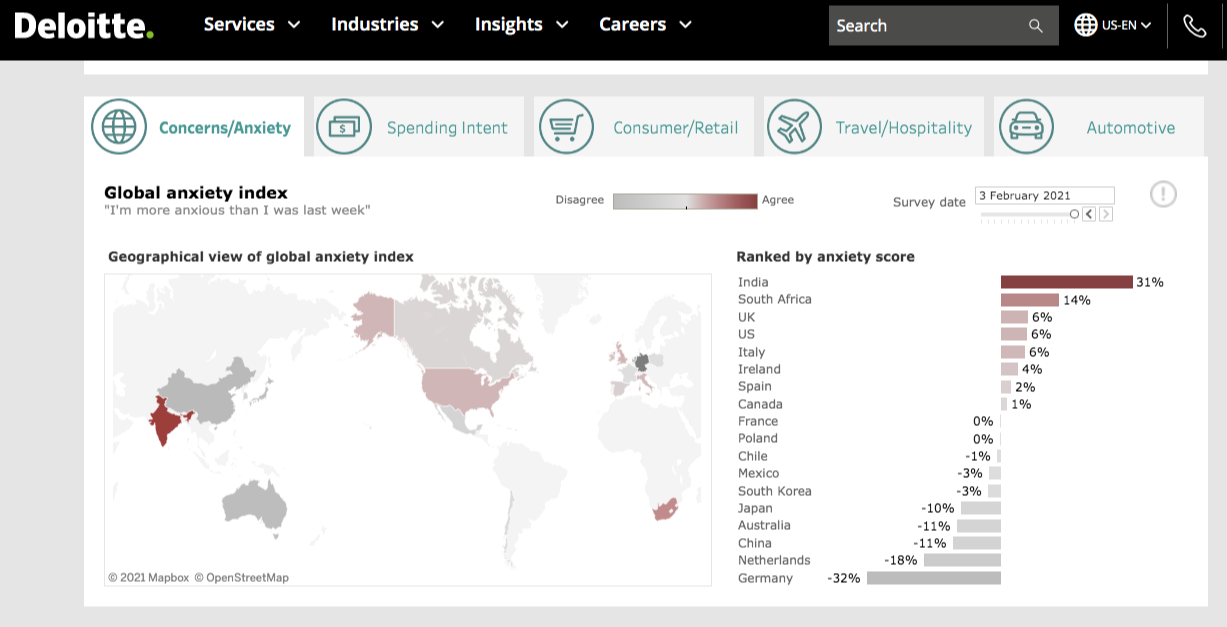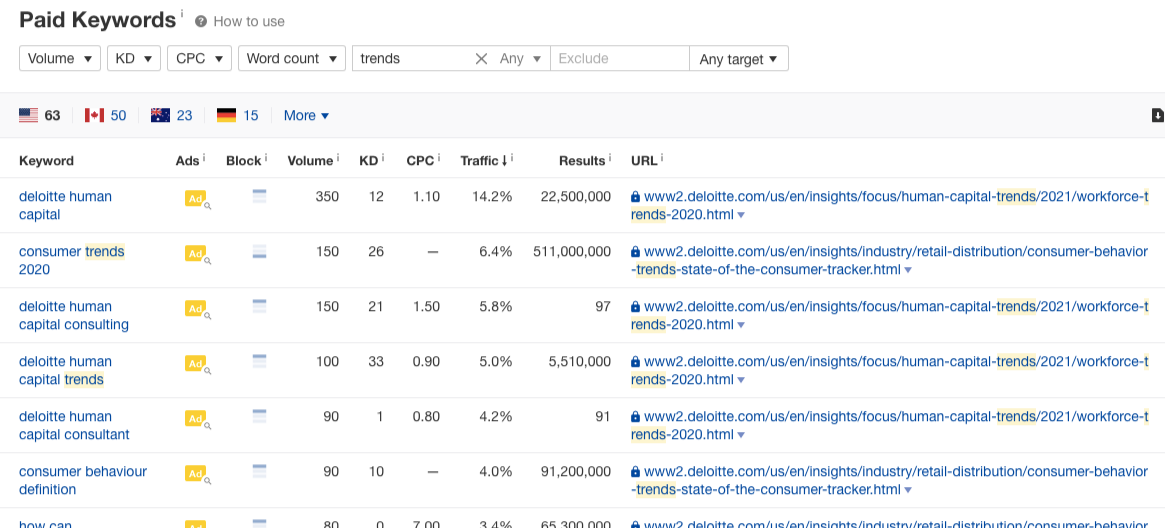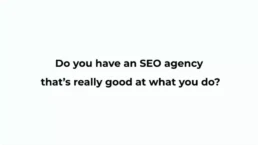by Venchito Tampon Jr | Last Updated on March 4, 2021
TRANSCRIPT:
How to buy links without paying bloggers
In this episode, you’ll discover this little-known strategy in getting backlinks by spending money.
It may sound controversial as you read this, but stay tuned as you’ll get to model this strategy and use this technique that is ethical to your business.
This is little known because there are a few brands that actually have case studies doing this.
Of course, those with published case studies are ones that I’m aware of.
But if you think about this strategy, you’re spending money.
But you’re not spending it to pay bloggers to give you outright links.
What you’re actually doing there is you spend money to get more visibility to your content.
Okay. So what is this strategy of buying backlinks without actually paying publishers?
Link Building With Ads
The paid link building strategy is using Google Ads.
If you’re a marketer, you now have an idea of how it works.
But instead of you using Google Ads to push through your landing pages.
What you instead do is promote your content assets – those pages that are informational.
In fact, using this strategy has many advantages.
First is that:
Using Google Ads requires low efforts.
Compared to manually sending emails to publishers, bloggers, and other content creators in your space, having them to see your content, and hopefully getting a response, a link, or share – if you’re fortunate.
What you’re doing here is using your other resource (not much of your time), but of your money to get more eyeballs to your content.
The second advantage is that:
You put your content in front of linkable audiences.
What does it mean?
You don’t just spend Google Ads on any keywords. You want to make sure you’re using it for keywords with the ability to earn passive or organic backlinks.
They spent $1245 on Google Ads for keywords on statistics.
And they got 13 unique referring domains, so averaging around $41.60 per link.
Not bad for a little effort strategy isn’t it.
You create the content and you get links not from a manual approach, but from a semi-automated approach of passive link building.
Another brand that is doing this heavily is Deloitte.

So they spend Google Ads to promote their top-of-the-funnel content.

With so many publishers searching for sources on consumer trends, they can get a lot of passive links if they put their content being the first page to be visible on Google results.
So if you’re a brand that wants to leverage this little-known link building strategy, here’s a simple process you can follow.
How To Do Link Building With Google Ads
Choose keywords with content likely to earn passive links.
In this step, you use different tools. You can have Ahrefs as your tool, it has its feature of finding PPC keywords.
And in terms of topics themselves, what you want to focus on is the type of topics, which is based on a certain type of content.
And this type of content is mostly referenced and cited, meaning this content type is likely to be used as a source for more information.
So keyphrases like “reports”, “statistics”, “trends” or “forecast” and other related keyphrases where people search for — and not just ordinary people searching for, but publishers, news writers, and high-end content creators.
Once you can create a list of keywords you can match them with content assets.
The next thing to do is:
Check ranking pages for topical keywords.
You want to make your content the best reference for the topic.
Make it easy for publishers to reference your content, either you create reports that are easy to add, or you can use embed codes to help bloggers credit you as the source of information.
Set aside a marketing budget for testing.
For enterprise brands, they are heavily invested in content promotion, so they may have been spending high expenditure to get high returns, not only for the sake of links but for branding presence and all.
But if you’re just starting out, you want to make sure to get quick wins as soon as possible.
Be wise in spending money. Because either you choose to spend it here executing this strategy or use it on other means like manual outreach and other organic promotion methods.
So there you go, you discovered this little known link building strategy – using Google Ads to get more visibility for your top-of-the-funnel content.
Before you go, I have a special gift for you. if you’re looking for ways to build backlinks to your online store or you’re stuck as to what link building strategy to use for your website, simply go to the description of this podcast episode.
Go to either of the two resources I shared there. One resource is a blueprint that I and my team have used to scale ink building for clients and another resource for link building opportunities in the eCommerce space. Go and grab those resources so that you won’t have to worry about how to do link building for your website.
For more link building and content marketing tips, be sure to subscribe to this podcast to get notified of the latest episodes. Just click the “Follow” button. See you in our next episode.
The Author
Venchito Tampon Jr
Venchito Tampon is a Filipino Motivational Speaker, Corporate Trainer, and a Leadership Speaker in the Philippines. He is the CEO and Co-Founder of SharpRocket, a link building agency. With a decade of experience, Venchito has a proven track record of leading hundreds of successful SEO (link builidng) campaigns across competitive industries like finance, B2B, legal, and SaaS. His expert advice as a link building expert has been featured in renowned publications such as Semrush, Ahrefs, Huffington Post and Forbes. He is also an international SEO spoken and has delivered talks in SEO Zraz, Asia Pacific Affiliate Summit in Singapore, and Search Marketing Summit in Sydney, Australia. Check out his other businesses, Hills & Valleys Cafe, Blend N Sips and Saas Pursuit.
How our LINK BUILDING AGENCY builds 250 links/mo consistently using Predictable Link Building Methodology™…
- Using a SIMPLE and PROVEN system
- Using a SCALABLE strategy
- No private blog networks
- No creepy outreach emails
